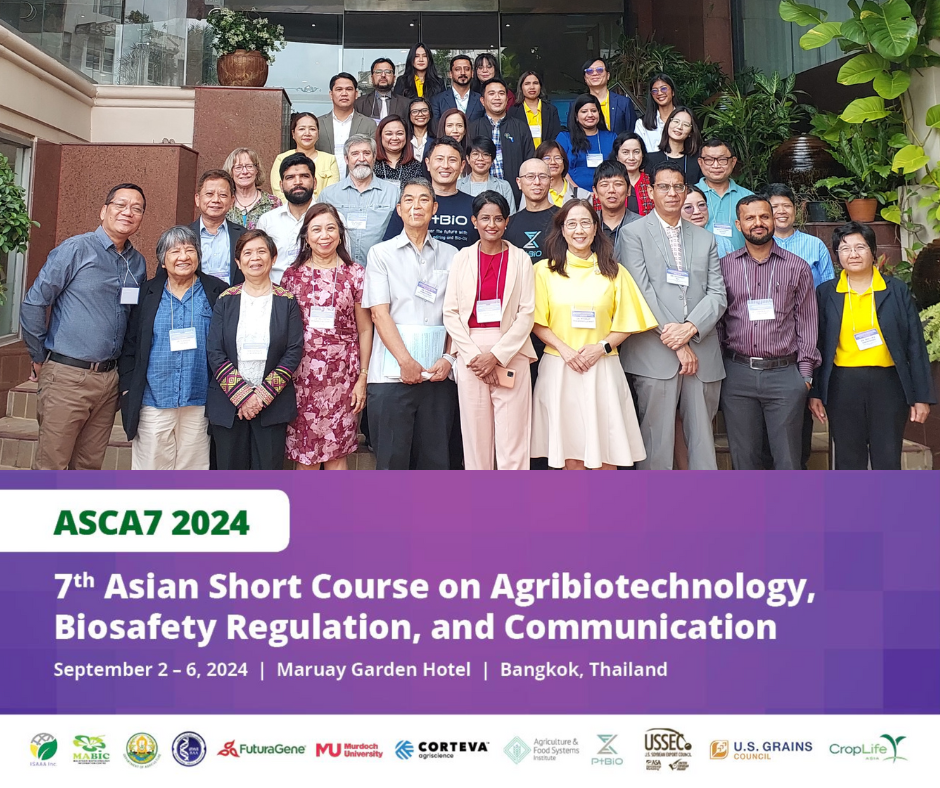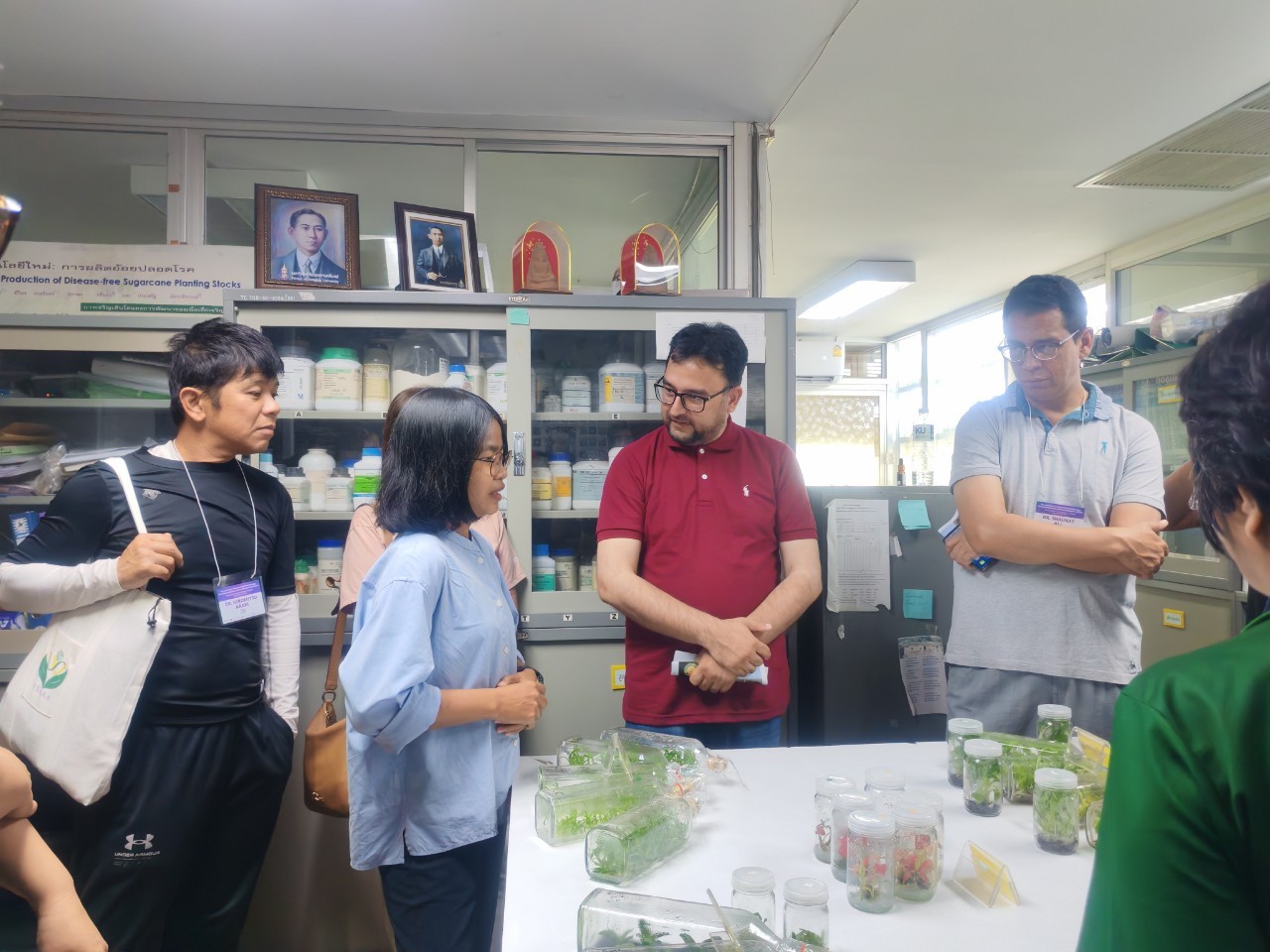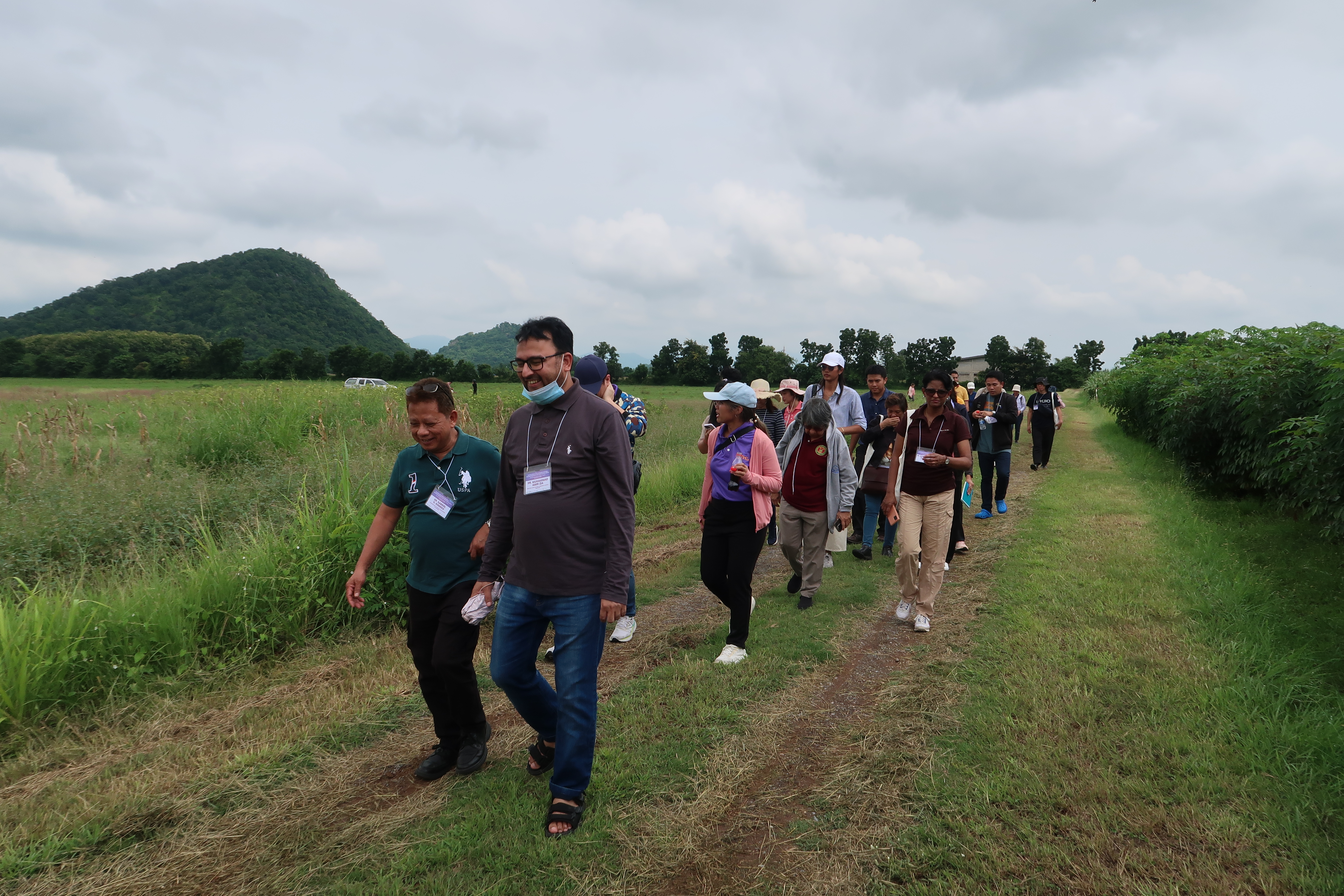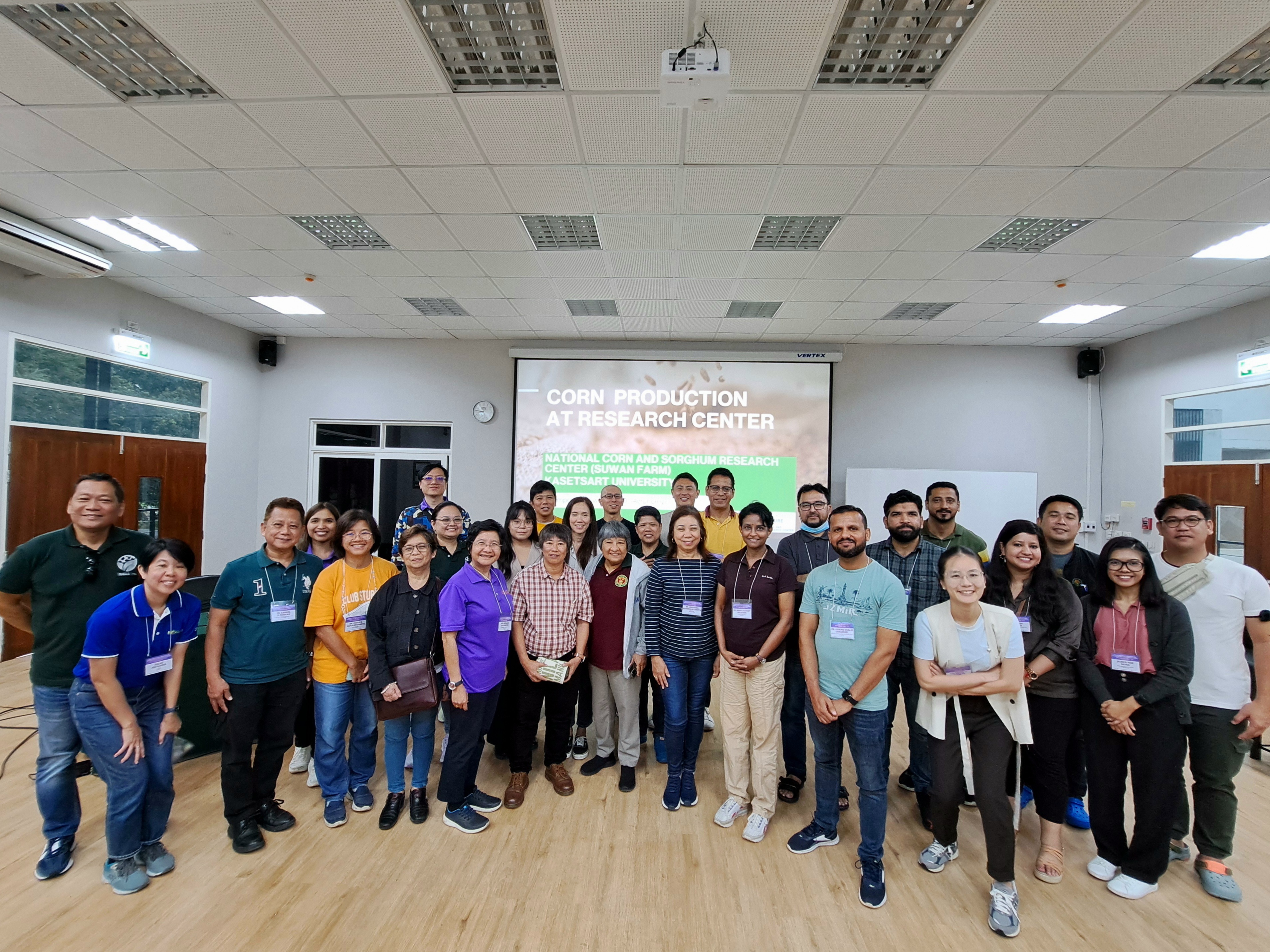ASCA7 Empowers Asian Biotech Players
| |
Over 40 participants and resource speakers from 10 countries convened for the five-day 7th Asian Short Course on Agribiotechnology, Biosafety Regulation, and Communication (ASCA7) on September 2-6, 2024, in Bangkok, Thailand.

ASCA is a capacity-building initiative of International Service for the Acquisition of Agri-biotech Applications (ISAAA) and the Malaysian Biotechnology Information Centre (MABIC). The short course is designed to equip Asian scientists, regulators, and other stakeholders with the knowledge and skills to navigate the complexities of agri-biotech. The program focuses on three key areas: agri-biotech applications, policy environment, and biotech communication. This comprehensive approach empowers participants to contribute towards implementation of science-based regulations that support the commercialization and trade of agri-biotech products.
Since the inception of ASCA in 2018, ISAAA Inc. and MABIC have successfully trained over 200 key biotech players in Asia, mostly scientists, regulators, communicators, and private sector representatives. The short course also served as an effective platform for collaboration among the participants.

ASCA7 offered a comprehensive curriculum that included new topics such as bioethics, product stewardship, visual communication, and risk communication. Experts from Thailand headed by Dr. Piyarat Thammakijjawat, Director of Biotechnology Research and Development at Thailand's Department of Agriculture, shared their insights into the country's recently implemented gene-editing regulations.
ISAAA Inc. Executive Director, Dr. Rhodora Romero-Aldemita, presented the experience of the organization in knowledge sharing, capacity building, and networking. “ISAAA Inc. responds to the needs of the increasing population which is amid food insecurity, climate change-related problems and global pandemics. We engage with different stakeholders from the young science high school and university students, researchers, faculty, the industry, policy makers and regulators,” Dr. Romero-Aldemita stressed.
Beyond lectures from experts in biotechnology research, regulations, and communication, participants visited facilities at renowned institutions like Kasetsart University, Air Orchids and Lab, and Suwan Farm. These visits provided hands-on experiences and opportunities for networking and collaboration.

“The course covers critical aspects like biotechnology development, risk assessment, and regulation, ensuring a thorough understanding of the entire biotech landscape. This course also provides a platform to connect with experts, researchers, policymakers, and other stakeholders in the field of biotechnology across Asia, fostering collaboration and knowledge exchange,” said Dr. Muzammil Farooq, Programme Support Manager from Centre for Agriculture and Bioscience International and one of the participants of ASCA7 from Pakistan.
ASCA7 was a joint effort by Thailand's Department of Agriculture, Biotechnology Alliance Association, FuturaGene, Murdoch University, Corteva, Agriculture and Food Systems Institute, PtBio, US Soybean Export Council, and US Grains Council.

Interested to join the next run of ASCA in 2025? Send an email to knowledge.center@isaaa.org.
| Newer Post | Archive | Older Post |
Science Speaks is ISAAA Inc.'s official blog. Weekly blog articles, authored by ISAAA writers, partners, and invited contributors, aim to help share, disseminate, and promote scientific knowledge and its vital role in achieving global agricultural sustainability and development. Your support to Science Speaks will help us achieve this goal. You can help us by donating as little as $10.

